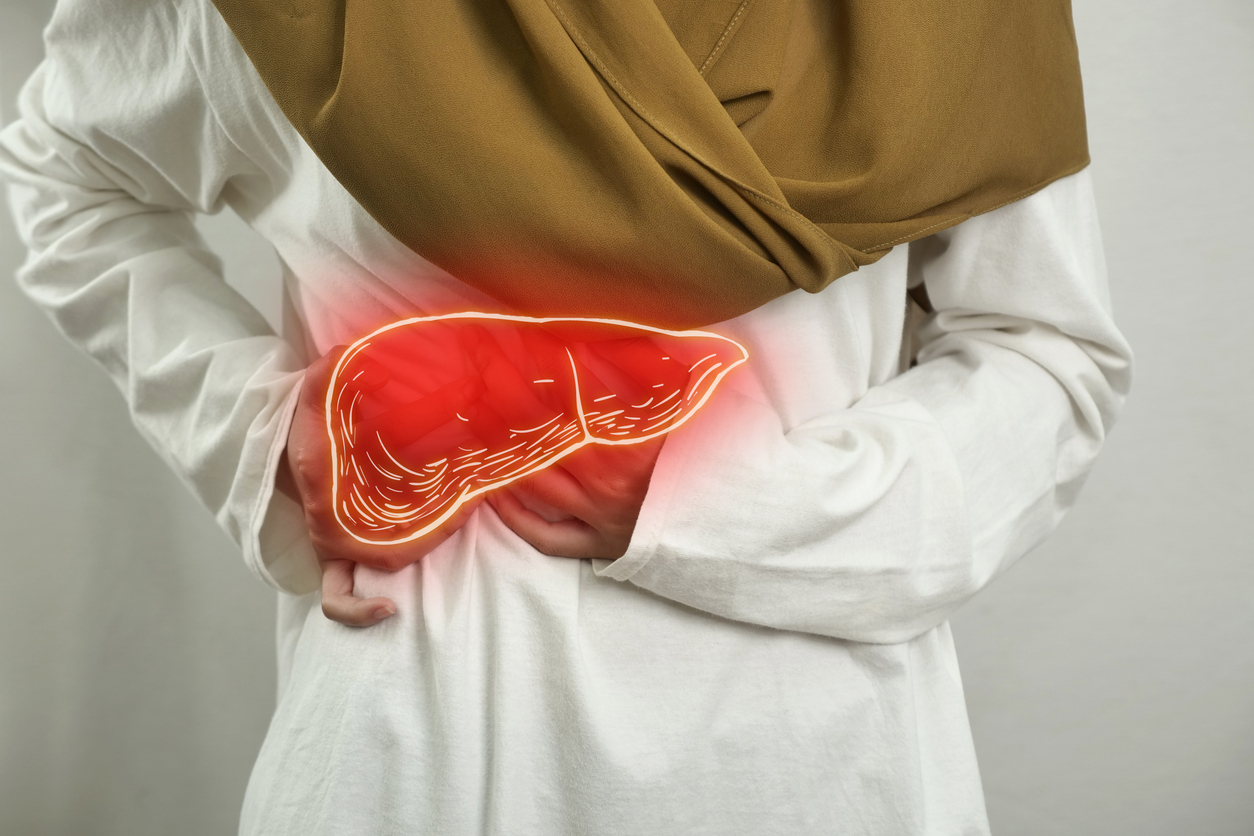2024-02-12
Staphylococcus aureus infection and dry skin
Dermatology and Venereology
In atopic dermatitis, skin dryness and recurrent eczema are associated. In patients with Alzheimer's disease, the risk of developing a Staphylococcus aureus skin infection is increased. In this study, researchers investigated how S. aureus infection could modulate and exacerbate skin dryness, through a type 2 inflammatory mechanism. In vivo, infection triggered the release of IL-33, induced by skin delipidation, exacerbating cutaneous inflammation. In mouse models, the researchers were able to attenuate IL-33 release from S. aureus-infected keratinocytes. This release is thought to be associated with necroptosis-type cell death pathways.
Last press reviews
Liver, sugar, and pills: who's in control?

By Ana Espino | Published on February 4, 2026 | 3 min read<br>
Endometrial cancer: Is PARP bringing new hope?

By Ana Espino | Published on February 3, 2026 | 3 min read<br>
